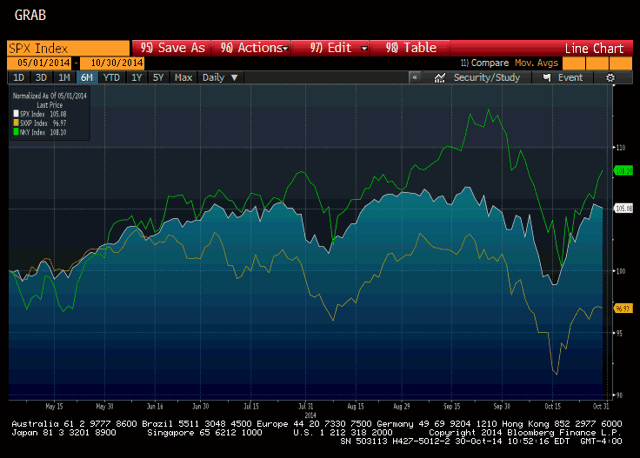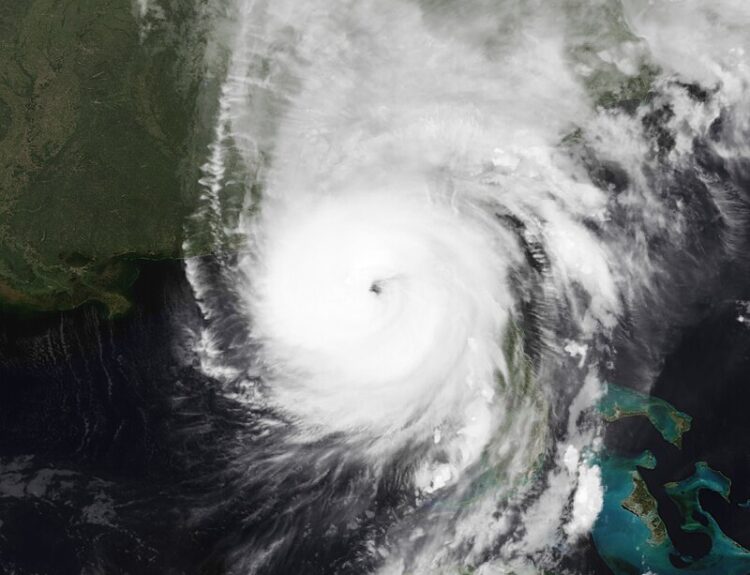Facing a turbulent inheritance, Mexico’s first female president must balance progress and challenges ahead.
- Claudia Sheinbaum becomes Mexico’s first female president amid significant changes from her mentor, Andrés Manuel López Obrador.
- López Obrador’s judicial overhaul risks damaging U.S.-Mexico trade relations and undermines judicial independence.
- Sheinbaum faces challenges including organized crime, economic slowdown, and potential tensions with the U.S. depending on the outcome of the upcoming elections.
- The judicial changes have led to a decline in foreign investment and a weakened peso.
- Sheinbaum aims to continue López Obrador’s policies but must navigate a complex political landscape.
Claudia Sheinbaum has made history as Mexico’s first female president, stepping into a role shaped by her mentor, the outgoing President Andrés Manuel López Obrador. Following her decisive victory, Sheinbaum inherits a nation that has undergone significant changes, particularly with López Obrador’s recent judicial overhaul that mandates federal judges to be elected. While Sheinbaum has expressed support for this legislation, it has sparked division within the country and raised concerns among U.S. officials about the potential impact on trade relations. Critics argue that the changes threaten the checks and balances essential to Mexico’s democracy, leading to a dimmed economic outlook and a decline in foreign investment, as evidenced by the peso’s drop of over 15% against the dollar since June.nnAs Sheinbaum takes office, she faces a daunting set of challenges, including a lack of financial resources, increased criminal gang activity, and uncertainty surrounding private investment due to the judicial reforms. Political analysts warn that her mentor’s legacy could complicate her presidency, diverting attention from pressing issues like organized crime and the renewal of trade agreements with the U.S. and Canada. Sheinbaum, a scientist with a background in environmental engineering, has pledged to uphold López Obrador’s policies, which include substantial cash transfers to the poor and increased state control over key economic sectors.nnThe relationship between Mexico and the U.S. hangs in the balance, especially with the upcoming elections that could see former President Donald Trump return to power. Trump’s potential presidency could lead to heightened tensions, including the imposition of tariffs and aggressive immigration policies. Conversely, a win for Kamala Harris could maintain the current cooperative approach to managing migration and trade.nnDespite the challenges, Sheinbaum has met with investors to reassure them about the future of business in Mexico, emphasizing that the judicial overhaul will not hinder economic growth. However, many remain skeptical, fearing that the changes could undermine the progress made towards a more open economy and democratic governance. As Sheinbaum navigates her presidency, her ability to deliver results will be crucial, especially in a landscape marked by corruption and violence from drug gangs. With a focus on security cooperation with the U.S., Sheinbaum’s administration may adopt a tougher stance on drug trafficking, moving away from López Obrador’s more lenient approach. The coming months will be critical as Sheinbaum seeks to establish her leadership while managing the complex legacy left by her predecessor.·
Factuality Level: 6
Factuality Justification: The article provides a detailed overview of Claudia Sheinbaum’s presidency and the challenges she faces, including the judicial overhaul and its implications for U.S.-Mexico relations. However, it includes some opinions and perspectives that may not be universally accepted, and there are instances of potential bias in the portrayal of political figures and events. While the information is mostly relevant and well-researched, the presence of subjective interpretations and the lack of a balanced view on the judicial changes detracts from its overall factuality.·
Noise Level: 7
Noise Justification: The article provides a detailed analysis of Claudia Sheinbaum’s presidency and the implications of her predecessor’s policies. It discusses the judicial overhaul, its potential impact on trade relations, and the challenges Sheinbaum faces, which reflects thoughtful analysis. However, it could benefit from more scientific rigor and evidence to support some claims, and it occasionally veers into speculation about future political scenarios.·
Key People: Claudia Sheinbaum (President of Mexico), Andrés Manuel López Obrador (Departing President of Mexico), Carlos Heredia (Pro-democracy activist and professor at CIDE), Kamala Harris (U.S. Senator), Alejandro Werner (Former Deputy Finance Minister of Mexico), Greg Stanton (U.S. Congressman for Arizona), Antony Blinken (U.S. Secretary of State), Katherine Tai (U.S. Trade Representative), Ken Salazar (U.S. Ambassador to Mexico), Ernesto Zedillo (Former President of Mexico), Omar García Harfuch (Designated Security Minister), Gen. Ricardo Trevilla (Defense Minister), Tomás Ángeles (Retired General and former Deputy Defense Minister)
Financial Relevance: Yes
Financial Markets Impacted: The judicial overhaul in Mexico is causing concerns among investors, leading to a decline in foreign investment and a significant drop in the value of the peso against the dollar.
Financial Rating Justification: The article discusses the implications of a major judicial reform in Mexico that affects trade relations with the U.S. and the economic outlook of the country, which are crucial financial topics.·
Presence Of Extreme Event: No
Nature Of Extreme Event: No
Impact Rating Of The Extreme Event: No
Extreme Rating Justification: The article discusses political changes and challenges in Mexico, particularly regarding the new president and judicial reforms, but does not report on any extreme events that occurred in the last 48 hours.·
Move Size: 15%
Sector: All
Direction: Down
Magnitude: Large
Affected Instruments: Stocks
 www.wsj.com
www.wsj.com 





